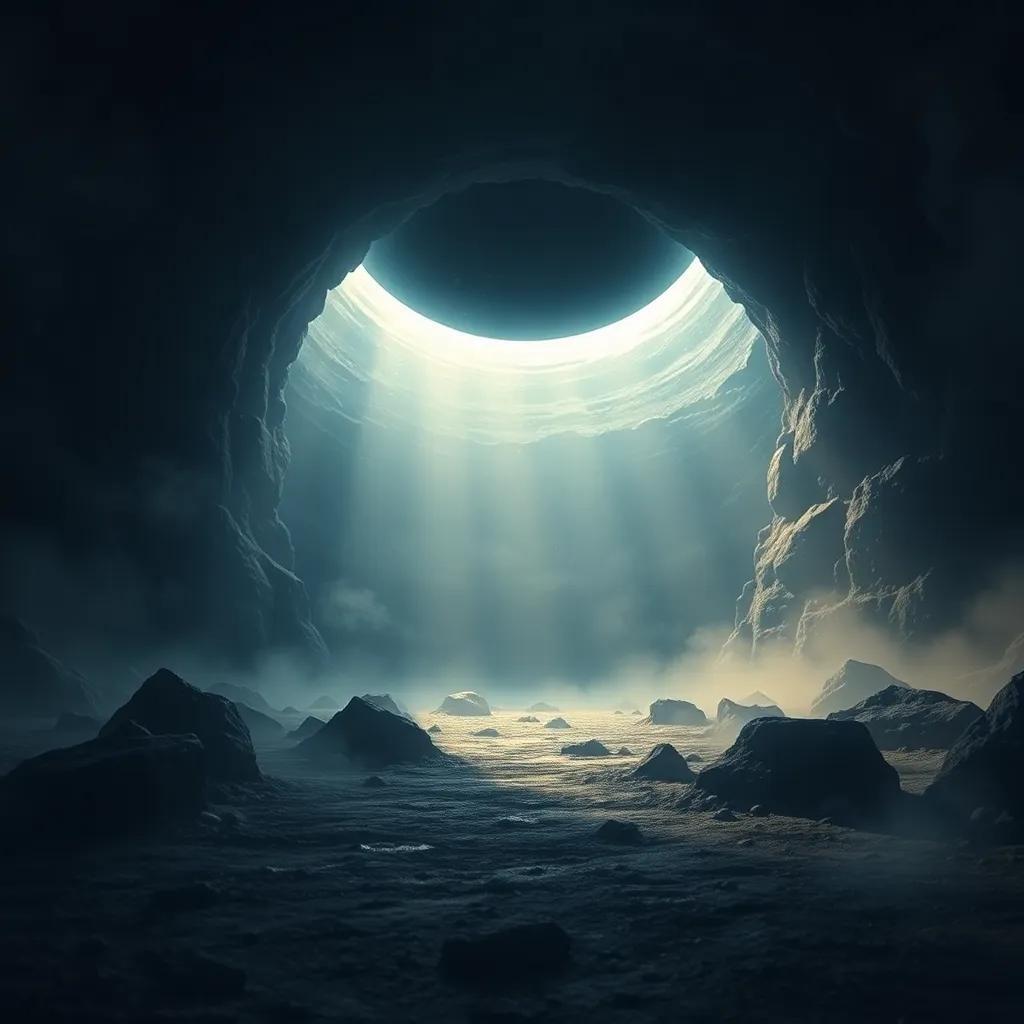Table of Contents
Cosmic Enigmas Await

What if the most mysterious entities in the universe could provide insights into cosmic evolution? Black holes, the ultimate cosmic enigmas, hold secrets that could rewrite our understanding of the universe. Their immense gravitational pull forces us to reconsider the fundamental laws of physics, shedding light on everything from star formation to the evolution of galaxies. In this article, we’ll explore how black holes influence the cosmic landscape, their role in galaxy formation, and what they tell us about the fate of the universe.
Influencing Cosmic evolution
Black holes play a crucial role in shaping the universe as we know it.They are not just regions of space from which nothing can escape; they influence the formation and evolution of galaxies significantly.
- Formation of Stars: Black holes regulate star formation by exerting gravitational influence on surrounding matter.
- Galactic Dynamics: Active supermassive black holes at a galaxy’s core can direct the movement and interaction of stars within their host galaxy.
- Feedback Mechanisms: They can accelerate the creation of new stars by expelling surrounding gas and dust, changing the dynamics of galactic evolution.
This feedback mechanism creates a delicate balance within galaxies, helping to control star formation rates and regulate their growth. Understanding these dynamics allows scientists to develop better models of cosmic evolution.
Snapshots of Creation
The most striking revelations from black holes emerge from their interactions with the cosmic habitat. When black holes consume matter, they emit massive amounts of energy. This phenomenon, known as accretion, offers insights into the early universe.
- Radiation Emission: As matter spirals into a black hole, it heats up and emits radiation, creating powerful jets that can illuminate the surrounding space.
- Influence on Star Birth: The energy from these jets can compress surrounding gas, triggering new star formation in nearby stellar nurseries.
Comparative Insights: Stellar Evolution vs. Black Hole Accretion
| Aspect | Stellar Evolution | Black Hole Accretion |
|---|---|---|
| Process | Gradual, over millions of years | Rapid, over weeks to months |
| Energy Emission | Less intense, constant | Massive bursts of energy |
| Role in Cosmic evolution | Creates new elements | influences galactic structure |
Each black hole acts as a cosmic engine, creating light and energy that power our understanding of the universe’s lifecycle. These interactions allow astronomers to piece together the puzzle of galactic history and formation.
The Future of Black Holes
The fate of black holes also offers intriguing glimpses into the future of the universe. As black holes consume matter, they evolve and can even merge with other black holes, leading to the creation of gravitational waves.
This process is not just an end; it’s a transformation that contributes to the universe’s ongoing evolution. Observations of black holes are critical to understanding cosmic timelines and predicting future celestial events. Their life cycles provide vital information about the universe’s expansion and ultimate fate.
Mysteries unraveled

Black holes are not merely cosmic vacuums; they are insightful portals to our universe’s past, present, and future. They reveal the hidden connections and forces that shape galaxies and stellar populations.
The ultimate lesson? Black holes remind us that even in darkness, there are secrets waiting to illuminate the cosmos.
Consider exploring these enigmatic entities further. What might we learn next about our universe through the lens of a black hole?



